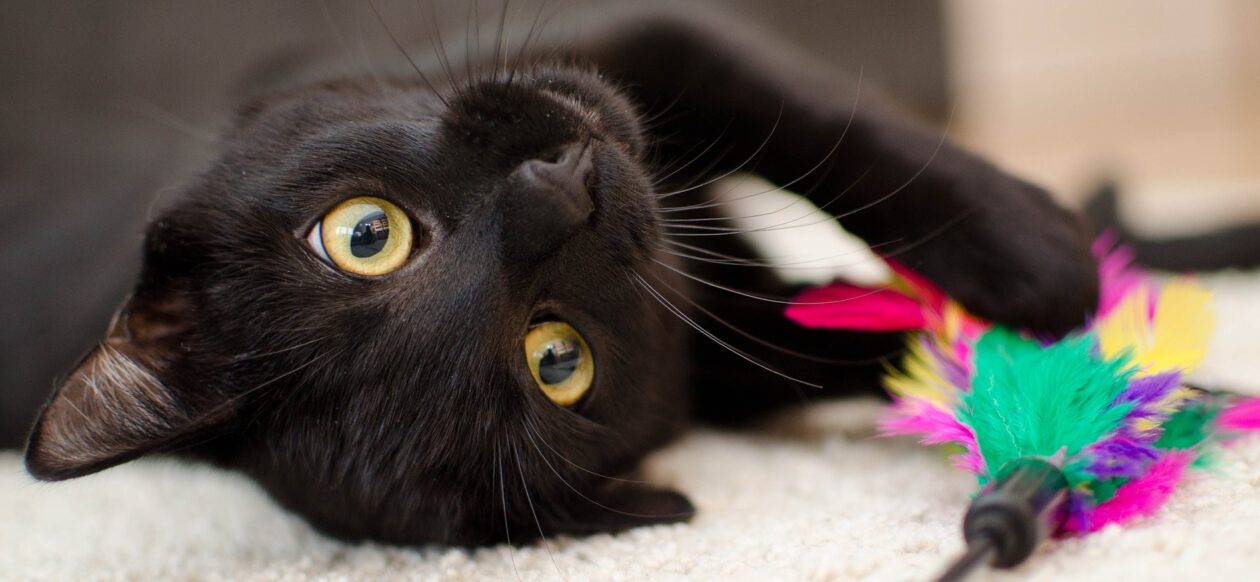If you have a cat at home chances are really good that sometime in your cat’s lifetime you will need to medicate them, especially as they transition into their senior years. Sometimes cats can be challenging to pill or medicate, but there are some techniques that will make medicating them easier, less stressful, more effective and healthier for them. Here are some important things to know and follow when medicating your cat.
Why Dry Pilling and Dry Swallowing is Bad For Cats
Have you ever taken a pill without water? Ouch, it’s not fun. Well the same goes for cats. Without chasing a pill down with water or liquid afterwards the pill can get lodged in the throat and irritate the lining of the esophagus. Dry swallowing can cause a pill to go down painfully and slowly, and can even damage the delicate tissues lining the esophagus. Dry pilling can cause choking, gagging, reflux, heartburn, esophagitis, esophageal injury and strictures, and even cause aspiration. There have been case studies where dry pilling certain medications (including Clindamycin and Doxycycline) have resulted in severe injury to cats and in some cases, even death when these cats were dry pilled. One study noted that “After five minutes 84 percent of capsules and 64 percent of tablets are still sitting in the esophagus,” when dry swallowed. (Journal of Feline Medicine and Surgery, Volume 8, Issue 6, Dec. 2006: 412-419) Another study that appeared in a veterinary journal found that following dry swallows, “No pills were in the stomach at 30 and 60 seconds, and only 6 percent of the pills were in the stomach at 90 seconds. At 5 minutes, only 36 percent of the pills were in the stomach. For wet swallows that were followed by 6 ccs of water, 90 percent of the pills were in the stomach.” (Journal of Western Internal Medicine, 2001, Sept-Oct: 15: 467-70)













